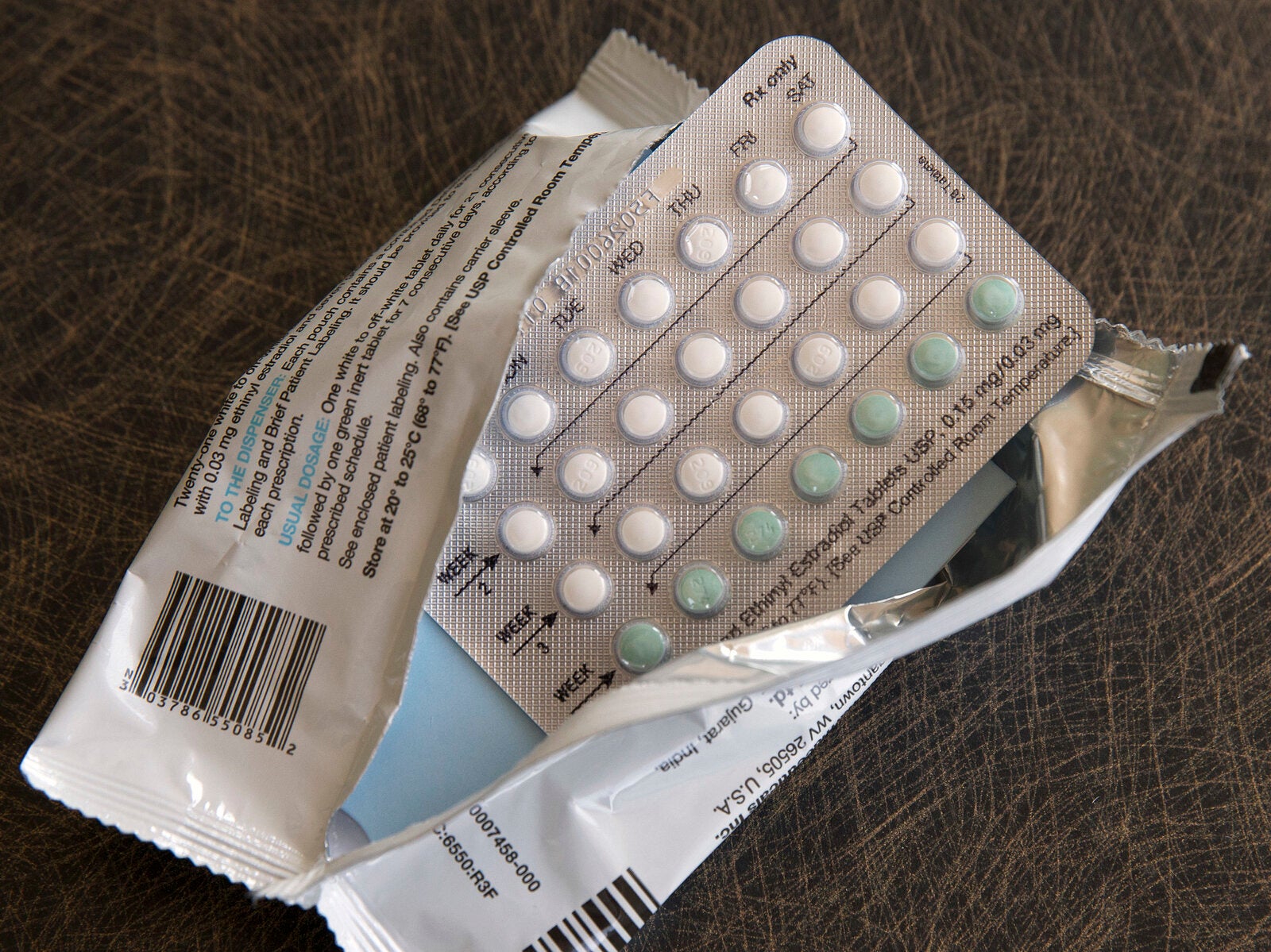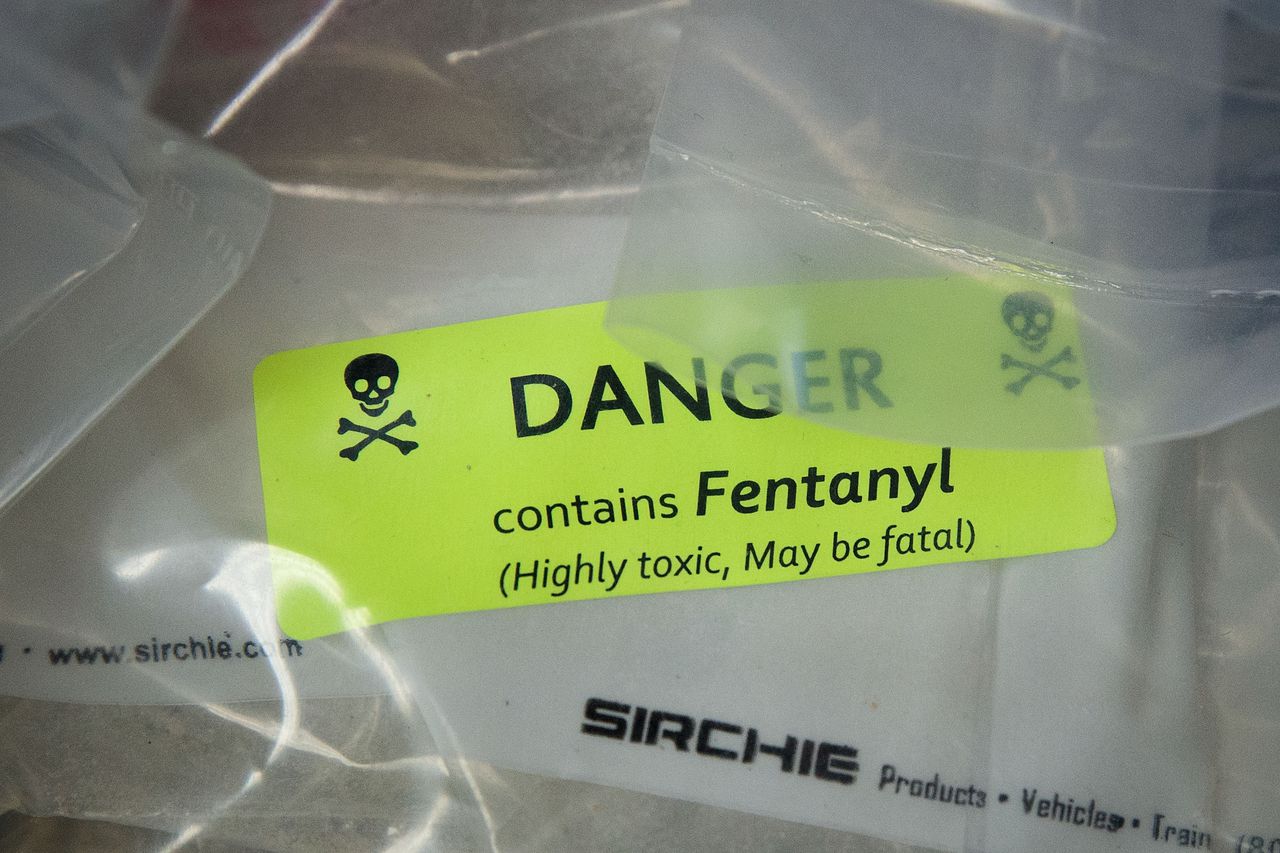New 2024 Health Care Laws in PA & NJ: Essential Updates

- New laws in Pennsylvania and New Jersey are set to change health care rules, services, and delivery. In Pennsylvania, “Owen’s Law” will enable Medicaid health insurance to cover the cost of donated breast milk for babies born with serious medical conditions. This law will take effect around January 20 and the breast milk will be screened and pasteurized at designated milk banks across the country.
- Another law in Pennsylvania requires health providers to obtain both verbal and written consent from patients for pelvic, rectal, or prostate examination before they are sedated or anesthetized. This is essential when these examinations are done for medical training or instructional purposes, but the law does not apply in emergency cases where exams are necessary for diagnosis and treatment.
- In February, a new law will require urine drug tests in hospital emergency departments to include screening for xylazine and fentanyl. Fentanyl is a potent synthetic opioid involved in most drug overdose deaths in Pennsylvania, while Xylazine is a non-opioid animal tranquilizer increasingly found in street drug supplies. If a patient tests positive, they would be provided with resource information and educational materials about these substances and the risk of injection or ingestion. The results must be reported to the state Department of Health for data gathering on the spread of these substances, without patient identification information.
New Laws in Pennsylvania and New Jersey Affect Healthcare
As we usher in a new year, several laws will come into effect, altering health care rules, services, and delivery in your area. This article provides insight into the new legal changes in Pennsylvania and New Jersey.
Pennsylvania: Donor Breast Milk, Patient Consent, and Hospital Drug Testing
Doctors often recommend breast milk for babies with serious medical conditions to avoid potential gastrointestinal issues that formula might cause. However, some mothers struggle to produce enough milk or cannot breastfeed. A novel law in Pennsylvania, dubbed “Owen’s Law,” will address this issue. Effective around Jan. 20, this law ensures Medicaid health insurance covers the cost of donated breast milk for needy mothers and infants.
The donated milk, screened and pasteurized at milk banks nationwide, helps newborns in hospital neonatal intensive care units. Despite its high cost, up to $4 per ounce, Medicaid coverage will now apply when deemed medically necessary for vulnerable infants with or at risk of severe medical conditions.
Another forthcoming law requires health providers to obtain both verbal and written consent from patients for pelvic, rectal, or prostate examinations before sedation or anesthesia. This addition to the state’s Medical Care Availability and Reduction of Error Act necessitates explicit patient consent when these exams are conducted for medical training or instruction, except in emergencies.
Hospital emergency departments must soon perform urine drug tests on patients to detect the presence of xylazine and fentanyl. Fentanyl, a deadly synthetic opioid, is behind most drug overdose deaths in Pennsylvania. Xylazine, also known as “tranq,” is an animal tranquilizer increasingly found in street drugs, potentially causing skin sores and wounds.
Upon a positive test, hospital staff must provide patients with resource information and educational materials about these substances’ effects and risks. Tests detecting specific levels of these substances must be reported to the state Department of Health, with patient identification information excluded. This data collection aims to analyze the prevalence and distribution of xylazine and fentanyl in the state.
—
Read More Health & Wellness News ; US News



Leave a Comment